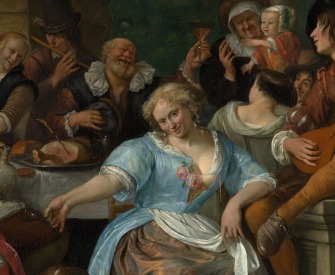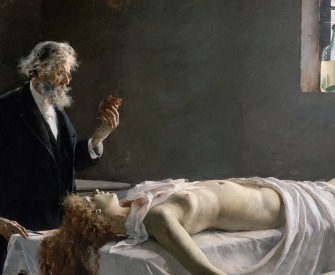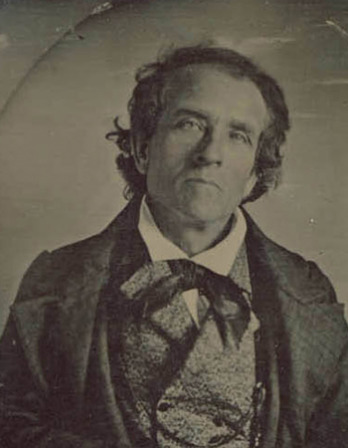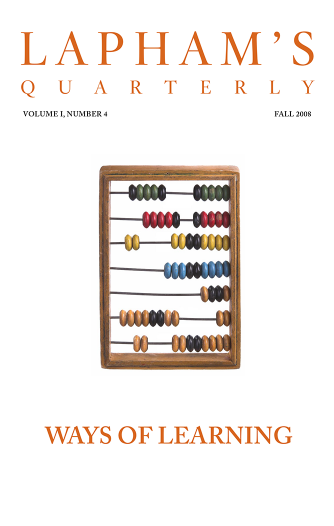There is a time in every man’s education when he arrives at the conviction that envy is ignorance, that imitation is suicide, that he must take himself for better, for worse, as his portion—that though the wide universe is full of good, no kernel of nourishing corn can come to him but through his toil bestowed on that plot of ground which is given to him to till. The power which resides in him is new in nature, and none but he knows what that is which he can do, nor does he know until he has tried.
Not for nothing one face, one character, one fact makes much impression on him, and another none. It is not without preestablished harmony, this sculpture in the memory. The eye was placed where one ray should fall, that it might testify of that particular ray. Bravely let him speak the utmost syllable of his confession. We but half express ourselves, and are ashamed of that divine idea which each of us represents. It may be safely trusted as proportionate and of good issues, so it be faithfully imparted, but God will not have his work made manifest by cowards. It needs a divine man to exhibit anything divine. A man is relieved and gay when he has put his heart into his work and done his best, but what he has said or done otherwise shall give him no peace. It is a deliverance which does not deliver. In the attempt his genius deserts him; no muse befriends; no invention, no hope.
Trust thyself: every heart vibrates to that iron string. Accept the place the divine Providence has found for you, the society of your contemporaries, the connection of events.
Great men have always done so and confided themselves childlike to the genius of their age, betraying their perception that the eternal was stirring at their heart, working through their hands, predominating in all their being. And we are now men and must accept in the highest mind the same transcendent destiny; and not pinched in a corner, not cowards fleeing before a revolution, but redeemers and benefactors, pious aspirants to be noble clay, plastic under the Almighty effort, let us advance and advance on chaos and the dark.
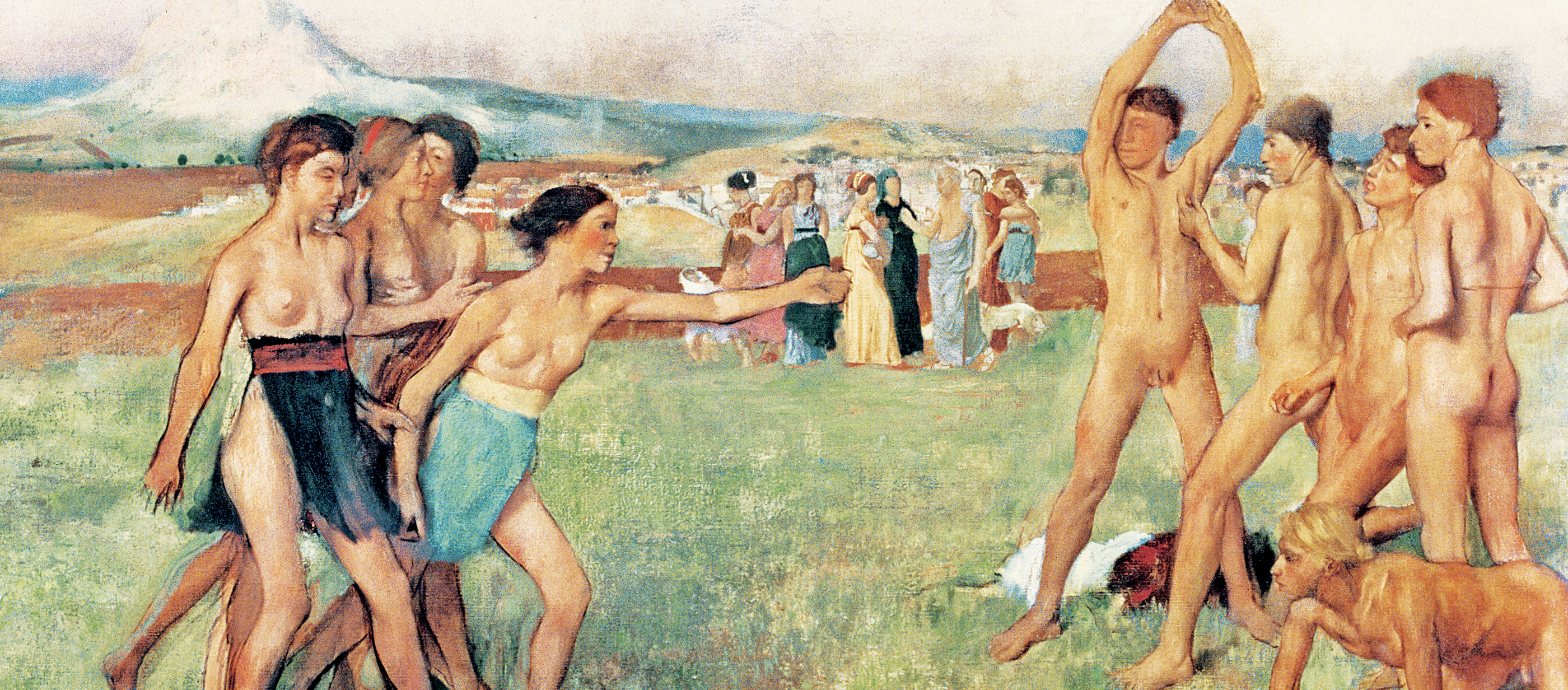
Young Spartans Exercising, by Edgar Degas, c. 1860. National Gallery, London.
What pretty oracles nature yields us on this text in the face and behavior of children, babes, and even brutes. That divided and rebel mind, that distrust of a sentiment because our arithmetic has computed the strength and means opposed to our purpose, these have not. Their mind being whole, their eye is as yet unconquered, and when we look in their faces, we are disconcerted.
Infancy conforms to nobody: all conform to it, so that one babe commonly makes four or five out of the adults who prattle and play to it. So God has armed youth and puberty and manhood no less with its own piquancy and charm, and made it enviable and gracious and its claims not to be put by, if it will stand by itself.
Do not think the youth has no force because he cannot speak to you and me. Hark! In the next room, who spoke so clear and emphatic? Good heaven! It is he! It is that very lump of bashfulness and phlegm which for weeks has done nothing but eat when you were by, that now rolls out these words like bell strokes. It seems he knows how to speak to his contemporaries. Bashful or bold, then, he will know how to make us seniors very unnecessary.
The nonchalance of boys who are sure of a dinner and would disdain as much as a lord to do or say aught to conciliate one, is the healthy attitude of human nature. How is a boy the master of society! Independent, irresponsible, looking out from his corner on such people and facts as pass by, he tries and sentences them on their merits in the swift summary way of boys as good, bad, interesting, silly, eloquent, troublesome. He cumbers himself never about consequences, about interests; he gives an independent, genuine verdict. You must court him—he does not court you. But the man is, as it were, clapped into jail by his consciousness. As soon as he has once acted or spoken with éclat, he is a committed person, watched by the sympathy or the hatred of hundreds whose affections must now enter into his account.
There is no Lethe for this. Ah, that he could pass again into his neutral, godlike independence! Who can thus lose all pledge and, having observed, observe again from the same unaffected, unbiased, unbribable, unaffrighted innocence, must always be formidable, must always engage the poet’s and the man’s regards. Of such an immortal youth the force would be felt. He would utter opinions on all passing affairs, which being seen to be not private but necessary, would sink like darts into the ear of men, and put them in fear.
These are the voices which we hear in solitude, but they grow faint and audible as we enter into the world. Society everywhere is in conspiracy against the manhood of every one of its members. Society is a joint-stock company in which the members agree, for the better securing of his bread to each shareholder, to surrender the liberty and culture of the eater. The virtue in most request is conformity. Self-reliance is its aversion. It loves not realities and creators but names and customs.
From “Self-Reliance.” After the death of his first wife and his resignation from his pastorate, Emerson traveled to Europe in 1832, meeting William Wordsworth, Samuel Taylor Coleridge, and Thomas Carlyle. He began delivering lectures in 1833—and continued to do so for the rest of his life—observing in his journal in 1840, “In all my lectures, I have taught one doctrine, namely, the infinitude of the private man.” Elsewhere in “Self-Reliance,” his best-known essay, Emerson wrote, “A foolish consistency is the hobgoblin of little minds.”
Back to Issue


